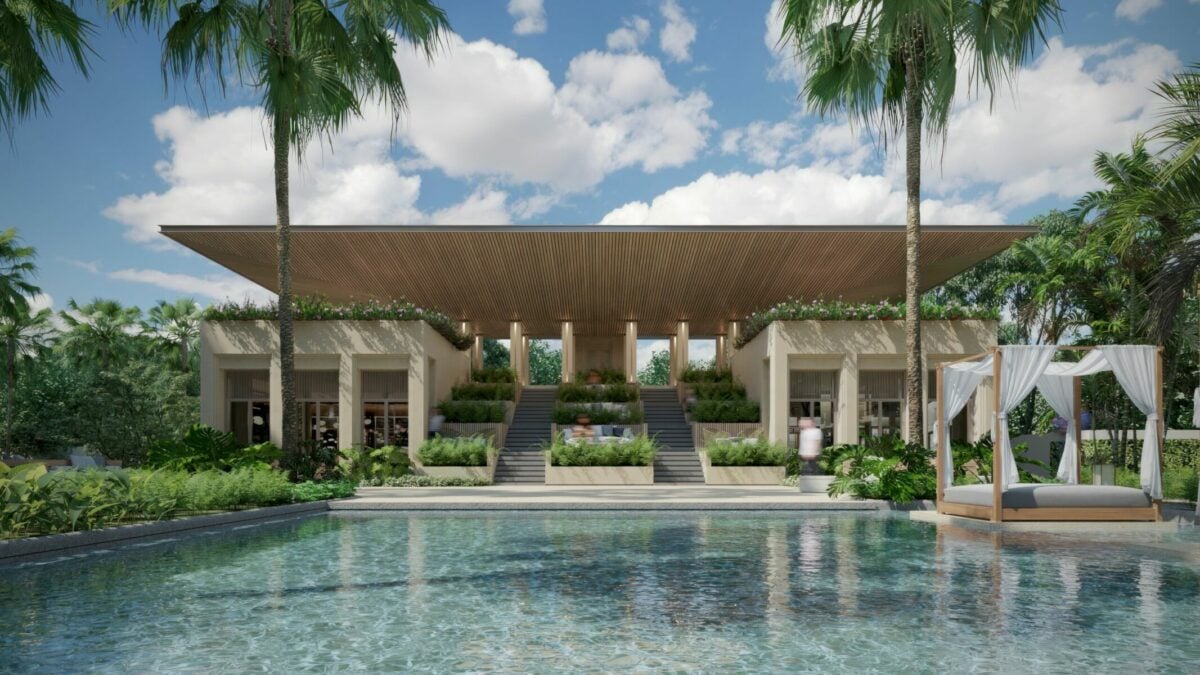Some like it hot: Phuket property market in 2024

As we stepped into 2025, it’s the perfect time to take a closer look at the hottest property trends in Thailand’s largest leisure destination—Phuket. One of the most notable developments is the increasing presence of major Thai-listed property groups on the island, following an oversupply of properties in Bangkok. At the same time, banks are tightening credit to domestic real estate buyers due to concerns over liquidity, creating significant ripple effects across the market.
Many developers who had diversified into hospitality assets to reduce risk are now selling off these assets to boost corporate earnings and satisfy dividend-hungry shareholders. Some of the key players involved in this shift include Sansiri, Ananda, and Property Perfect.
Given the ongoing domestic pressure in Bangkok, we don’t expect this trend to change anytime soon. The result has been a growing influx of Bangkok-based developers into the Phuket market, which remains strong, particularly with foreign buyers. In short, developers are fishing where the fish are.
The rise of condominiums
Over the past two years, we’ve seen a steady stream of villa projects launched in Phuket, with many selling quickly to a mix of end-users and investors. Initially, there was a surge of Eastern European buyers post-Covid-19, driven in part by political instability in their home countries. Following this, regional markets began showing increased interest.
However, in the first half of 2024, smaller, more investment-focused condominium projects have become more prominent. These are typically less expensive and built within denser developments, driven by rising land values. This shift isn’t a new trend; it’s a cyclical pattern that has played out before in Phuket—seen in 2005, the mid-2010s, and now again.
Key trends in the Phuket property market
To get a deeper understanding of the current property market in Phuket, I turned to Thailand’s leading online real estate portal, FazWaz.com, for insights. Here are the key trends from data covering January to December 2024:
- Price point trends: Over 60% of transactions in Phuket were priced below 10 million Thai baht, indicating that most deals are happening at lower price points. Specifically, over 80% of condominium sales fell below this threshold.
- Price per square metre: For condominiums priced under 10 million Thai baht, the average price per square metre is between 130,000 Thai baht and 140,000 Thai baht. Once the price range shifts to 11 to 30 million Thai baht, the price per square metre jumps to 180,000 Thai baht, and for properties in the 30 to 60 million Thai baht range, it exceeds 260,000 Thai baht per square metre.
- Popular developments: At the lower price points, the fastest-selling properties included Title Heritage, Ozone Signature, and So Origin Bangtao. Mid-range properties like Sudara, Laguna Lakeside, and The Standard Residence also performed well. At the higher end of the market, luxury developments like Angsana Oceanview led the way.
Market Insights from FazWaz

Brennan Campbell, Chief Revenue Officer (CRO) of FazWaz, shared his thoughts on the market.
“The second half of 2024 saw a clear shift towards lower-priced condominiums, with investors attracted to relatively affordable units. While our year-on-year sales revenue in 2024 outpaced the previous year, the deal sizes have certainly become smaller. This trend is expected to continue in the year ahead.”
Sales and marketing shifts
The sales and marketing landscape for Phuket real estate is transforming. We’ve seen a surge in the number of new agencies entering the market. Developers have shifted their focus from direct consumer marketing to working with agents, with commission rates now ranging from 5% to 8%, along with additional incentives such as cash bonuses and consumer goods. Marketing budgets have also shifted from traditional advertising to a reliance on agents to generate leads.
What lies ahead for 2025?
Looking ahead to 2025 for the Phuket property market, the balance between supply and demand remains a key risk factor. We can expect further consolidation among real estate agencies and higher default rates in condominium transfers. However, one thing is certain: developers who can pay 8% commission rates while still offering discounts to close deals will likely maintain healthy profit margins.
Latest Thailand News
Follow The Thaiger on Google News:


























